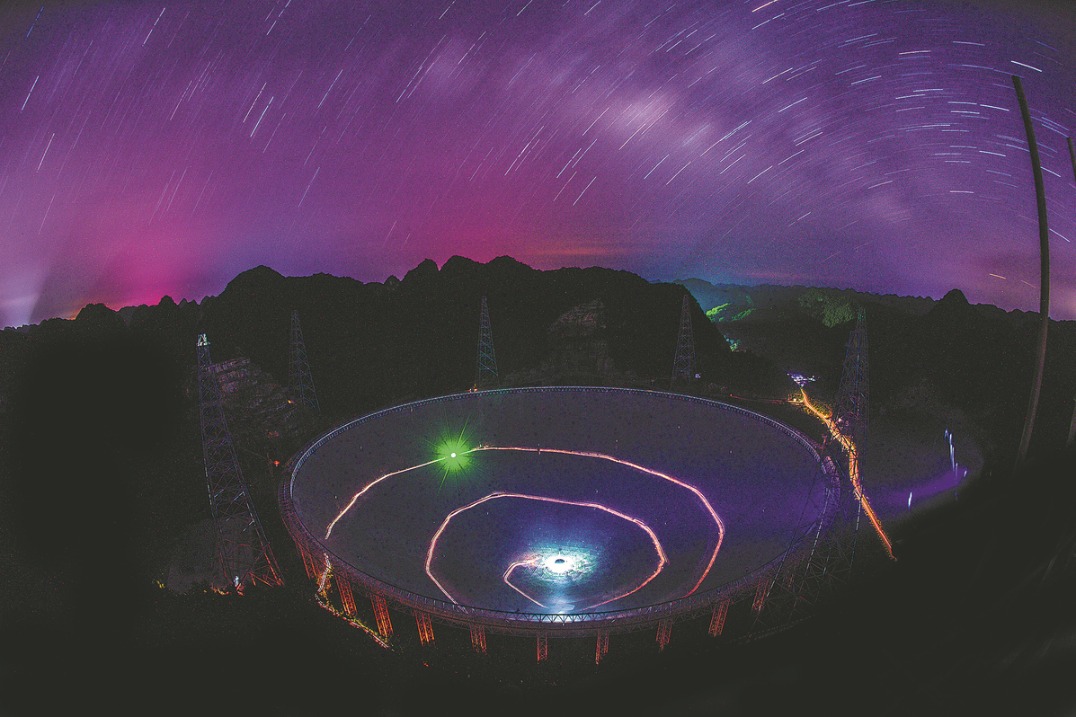Dedication to science heralds nation's progress


If we were to ask students in a primary school what they aspire to be in the future, many would likely mention being a scientist. In China, scientists are among the most coveted dream professions for children.
I, too, once echoed this sentiment, drawn to a career that directly impacts society's advancement. While I ultimately became a reporter covering science and technology — perhaps not too distant from my initial dream — I've had the privilege of engaging with numerous scientists through my work.
Some of these individuals have devoted decades to a particular field, earning prestigious accolades both in China and internationally. Yet, the quintessential image of a scientist often involves repetitive experiments conducted thousands of times in a lab or prolonged periods spent watching data on a computer.
Science isn't always glamorous; more often, it's characterized by solitude, demanding patience and unwavering dedication, particularly in fundamental research. Several esteemed scientists, including Jian Zhimin and Guo Huadong, both members of the Chinese Academy of Sciences, have emphasized the necessity of perseverance and commitment to one's original aspirations, even in the face of years of seemingly fruitless endeavors.
Many major scientific facilities are situated in remote suburbs or even mountainous regions far from urban centers. During a visit to the Kashgar Ground Station of the Aerospace Information Research Institute — one of the country's five domestic ground stations responsible for receiving and processing satellite data — I learned of the station director's relocation to Kashgar in the Xinjiang Uygur autonomous region 17 years prior.
Initially devoid of electricity and running water, he and his colleagues had to erect fences around their dormitory for safety.
Today, with state-of-the-art facilities established, scientists at the station can analyze vast amounts of data transmitted by various satellites launched by China. This data includes crucial information on Earth's surface resources, global urban development, climate change and national security.
While the significance of this work is undeniable, the daily routine often involves monitoring data on screens and machines around the clock in shifts, a task that can be monotonous and routine when broken down into individual responsibilities.
One of the station's laser communication ground stations is situated at an altitude exceeding 5,000 meters near the China-Tajikistan border. As I shared instant noodles with the scientists in their dormitory, surrounded by snow-capped mountains after hours of driving from the city, I began to grasp the essence of their experiences.
Following our meal, the scientists proudly presented the other fruits of their labor, actual fruits grown and harvested back on the Kashgar campus, noting that hundreds of fruit trees had been planted there over the past decade.
This act encapsulates their ability to find joy amid challenges. I enjoyed the fruits of their labor, just as the world enjoys the achievements of science.





































